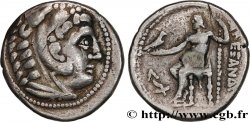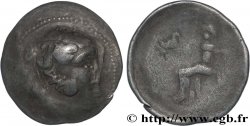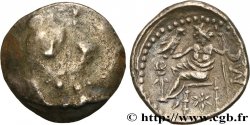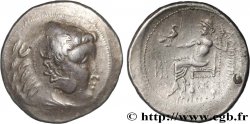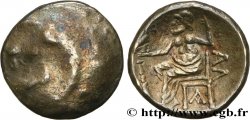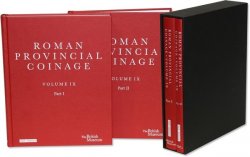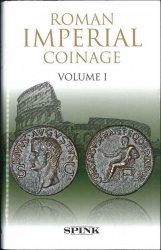bga_773172 - DANUBIAN CELTS - TETRADRACHMS IMITATIONS OF ALEXANDER III AND HIS SUCCESSORS Tétradrachme, imitation du type de Philippe III
250.00 €
Количество
Добавить в корзину

Тип Tétradrachme, imitation du type de Philippe III
Дата: c. IIe siècle AC.
Металл: silver
Диаметр: 27,5 mm
Вес: 14,92 g.
Редкость: R1
Комментарии о состоянии
Flan large, centré. Joli revers, bien venu à la frappe. Patine grise
Ссылки в каталоге: :
Лицевая сторона
Аверс: легенда: ANÉPIGRAPHE.
Аверс: описание: Restes de la tête imberbe d’Héraklès à droite, coiffé de la léonté.
Обратная сторона
Реверс: легенда: LÉGENDE ILLISIBLE.
Реверс: Описание: Zeus assis à gauche, tenant un aigle de la main droite et un sceptre long de la main gauche ; monogramme dans le champ à gauche et sous le trône.
Комментарий
Ces monnaies dégénèrent jusqu’à ce que le droit ne soit plus du tout identifiable, laissant la place à une masse en relief, sans aucun motif.







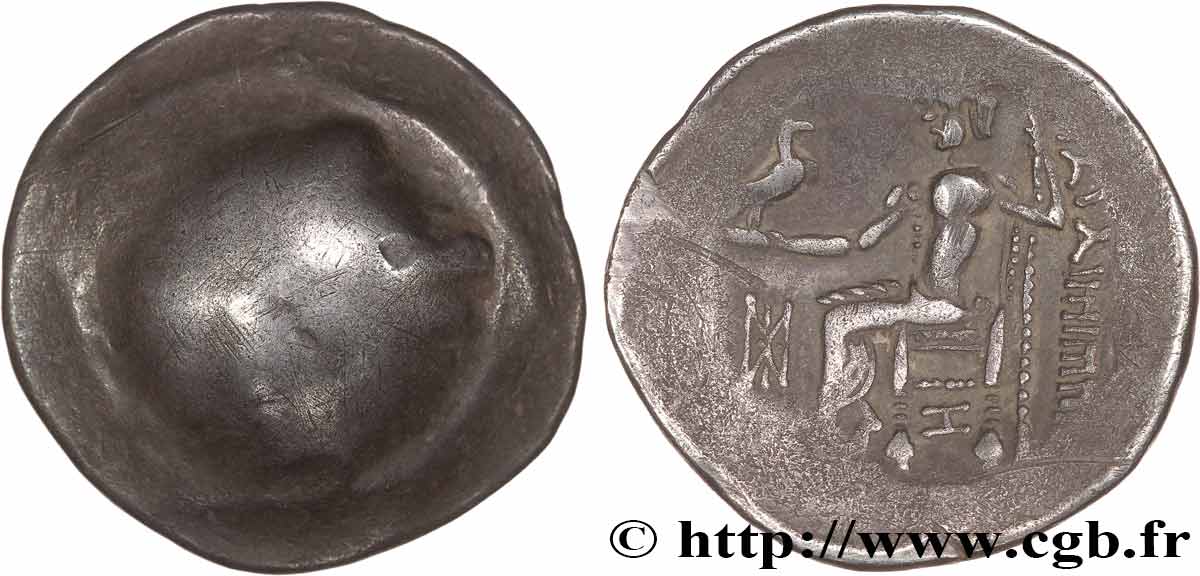
 Cообщить об ошибке
Cообщить об ошибке Распечатать страницу
Распечатать страницу Отправить мой выбор
Отправить мой выбор Задать вопрос
Задать вопрос Consign / sell
Consign / sell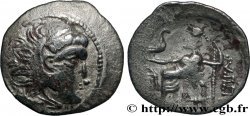
 Информация
Информация